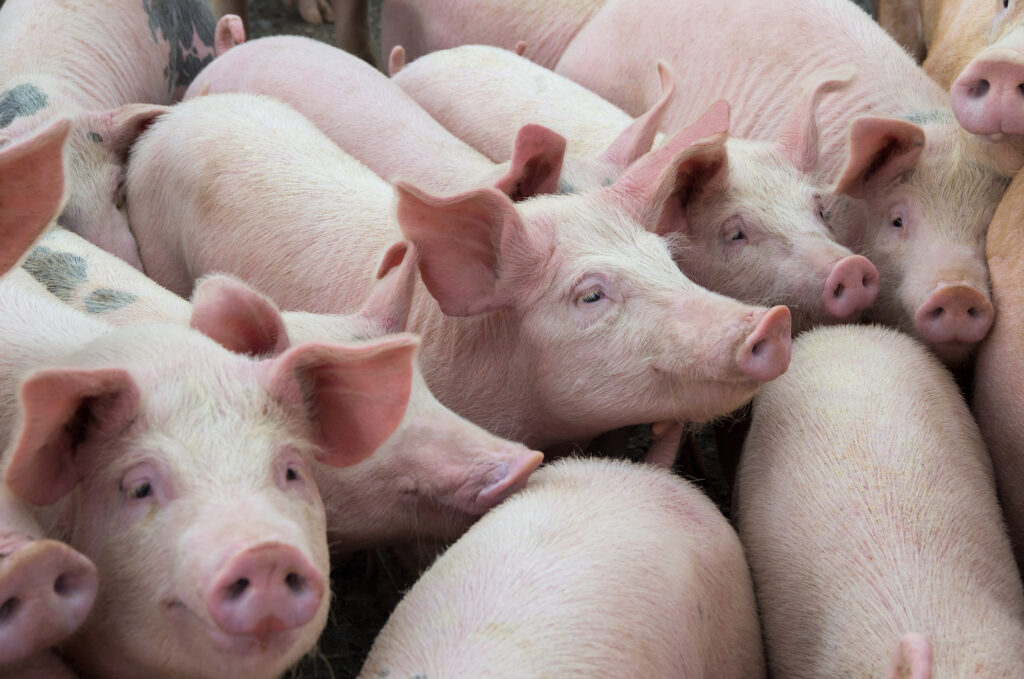Pig industry crisis is “an utter disgrace and a disaster”
24th February 2022
Opening this year’s NFU Conference, Minette Batters called on the government to urgently implement a clear plan and vision for British farming and food production.

The government is at risk of “sleepwalking into more and more crises” and squandering the “huge potential” of the country’s agriculture sector, warned Ms Batters in her keynote speech at the conference.
She slammed the government for failing to avoid the ongoing pig industry crisis which has seen 200,000 pigs on contract backed up on farm and 40,000 healthly pigs culled and thrown away.
“We need a plan that pre-empts crises, rather than repeatedly runs into them. The current situation in the pig sector should have, and could have, been avoided.”
She added: “This truly is an utter disgrace and a disaster for the pig industry. This is down to the government’s poorly designed change to immigration policy and what I can only say appears to be its total lack of understanding of how food production works and what it needs.”
Ms Batters called for certainty, commitment and consistency in government policy that can capitalise on Britain’s high standards of food production and net zero ambitions. She highlighted five key areas for government, the supply chain and farmers to focus on:
- Commitment and investment from both government and retail to sell more British food at home and abroad
- Using the powers in the Agriculture Act to enable farmers and growers to trade fairly
- A new economic model that drives investment back into the land, ensuring the tenanted sector is not disadvantaged
- A dial-up, dial-down immigration policy
- Future farm policy with a properly funded Sustainable Farming Incentive.
Ms Batters said the country needs a strategy and a clear vision for what is expected from British farming.
“We have completely contradictory government policies. It is raising the bar for environmental standards at home but pursuing trade deals which support lower standards overseas.
“It is claiming to value domestic food production but making it difficult to find workers to harvest or process it. It is stating there are many export opportunities for British food but failing to prioritise the resources to open up those new markets.”
“Polarised debates” are getting us nowhere when it comes to environmental progress, she added, and distract from the very real challenges around food supply in the future.
“Above and beyond everything, we need to all be working to the same objectives and aiming for the same outcome. There needs to be a plan. A plan which enables Britain to keep on farming and to continue to be world leaders in high quality, safe and sustainable food,” she concluded.
